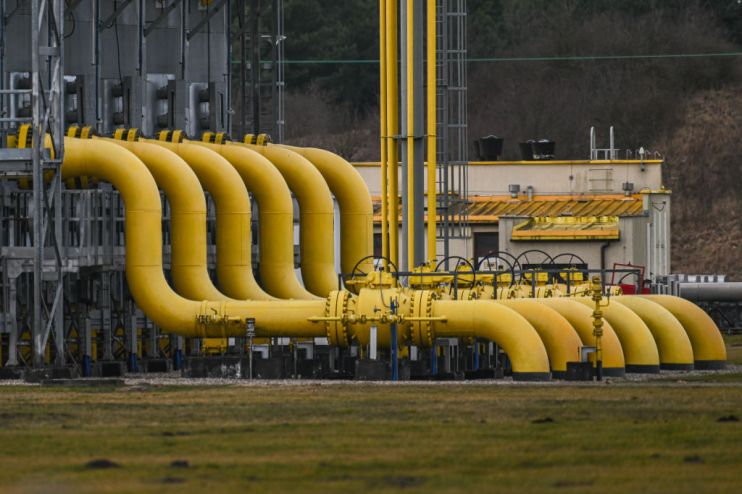Russia warns West of $300 oil prices and gas supply cuts if countries impose energy sanctions

Russia has warned the West it could close its main Russia-Germany pipeline and that oil prices will spike to over $300 per barrel if governments target the country’s energy supplies with a new wave of heavy sanctions.
Speaking on state television yesterday, Russian Deputy Prime Minister Alexander Novak said: “It is absolutely clear that a rejection of Russian oil would lead to catastrophic consequences for the global market.”
The West has already imposed painful measures on Russian financial institutions alongside its central bank and dozens of oligarchs connected to Kremlin.
Oil prices spiked to $130 per barrel yesterday, its highest price since 2008, after US Secretary of State Antony Blinken revealed the White House and its European allies were considering banning Russian oil imports.
European leaders including Prime Minister Boris Johnson, Netherlands Prime Minister Mark Rutte and German Chancellor Olaf Scholz have since played down the prospect of energy sanctions, although markets continue to rally amid heightened fears of supply shortages.
Novak argued it would take Europe more than a year to replace the volume of oil it receives from Russia and it would have to pay significantly higher prices.
He said: “The surge in prices would be unpredictable. It would be $300 per barrel if not more. European politicians need to honestly warn their citizens and consumers what to expect.”
The senior minister also suggested Russia would shift its energy supplies to other markets if necessary.
He argued: “If you want to reject energy supplies from Russia, go ahead. We are ready for it. We know where we could redirect the volumes to.”
European dependency a double-edge sword for the Kremlin
Europe remains Gazprom’s key market, making any such decision a tough choice for Russia alongside the West.
The continent currently relies on Russia for around 40 per cent of its natural gas supplies and 30 per cent of its oil supplies.
Following Russia’s invasion of Ukraine, the Kremlin-backed gas giant has fulfilled its obligations to Western buyers, however Novak warned this could change especially after Germany suspended the approval process for the Nord Stream 2 pipeline.
“So far we are not taking such a decision,” he said. “But European politicians with their statements and accusations against Russia push us towards that.”
The International Energy Agency (IEA) published a 10 point plan to reduce European dependency on Russian fossil fuels.
This included calls for no new deals with Gazprom, fresh arrangements with other partners, and ramping up renewables.
However, analysts have warned that Europe would struggle to meet rebounding post-pandemic demand without Russian supplies, even as the continent approaches Spring.
One exception to this consensus comes from a report published earlier this month from UBS which suggested Europe could make up 200bn cubic metre annual shortfall.
However, this would require such raising imports with other countries such as Algeria and Norway, delaying coal and nuclear closures, and vast consumer behavioural changes to cut down consumption.
Meanwhile, Reuters understands Asian refineries plan to increase output in May to cash in on high prices for gasoil exports to Europe, even as the steepest crude prices for 14 years threaten profit margins
Russia is the world’s top exporter of crude and oil products combined, at around seven million barrels per day – around seven per cent of global supplies.
Europe currently relies on Russia for 60 per cent of its diesel imports, with supplies shrinking amid disruption from Western sanctions imposed on Russia.